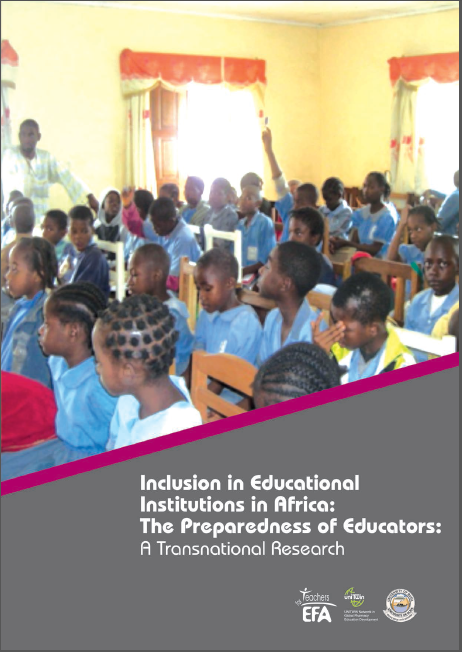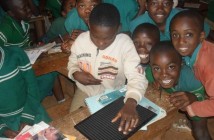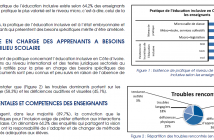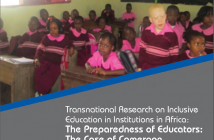
This article reports a transnational study on inclusive education situations in some five African countries namely; Cameroon, Nigeria, Togo, Cote d’Ivoire and Kenya. The focus was on the
preparedness of institutions and educators who are key implementers of inclusion. With the use of descriptive survey research design, the study applied questionnaires, interview schedules, observation schedules and document analysis guide to collect data.. Using triangulation approach to data analysis,
the empirical enquiry came out with the following results: the gap in policy inhibits inclusive practices; educators and institutions are ill-equipped to embrace inclusion; there is limited evidence
of core inclusive values and profile; the role of stakeholders is limited because of their unawareness on special education needs and disability issues; the status of research and the levels of partnerships are inadequate. Consequently, while the study highlights the main characteristics of strengths and weaknesses in each country’s situation, it also suggests future orientations that would help improve inclusive education services in the
various investigated institutions and national education systems.
Download the full article here
Transnational Research the case of Cameroon, Togo, Nigeria, Ivory Coast and Kenya




